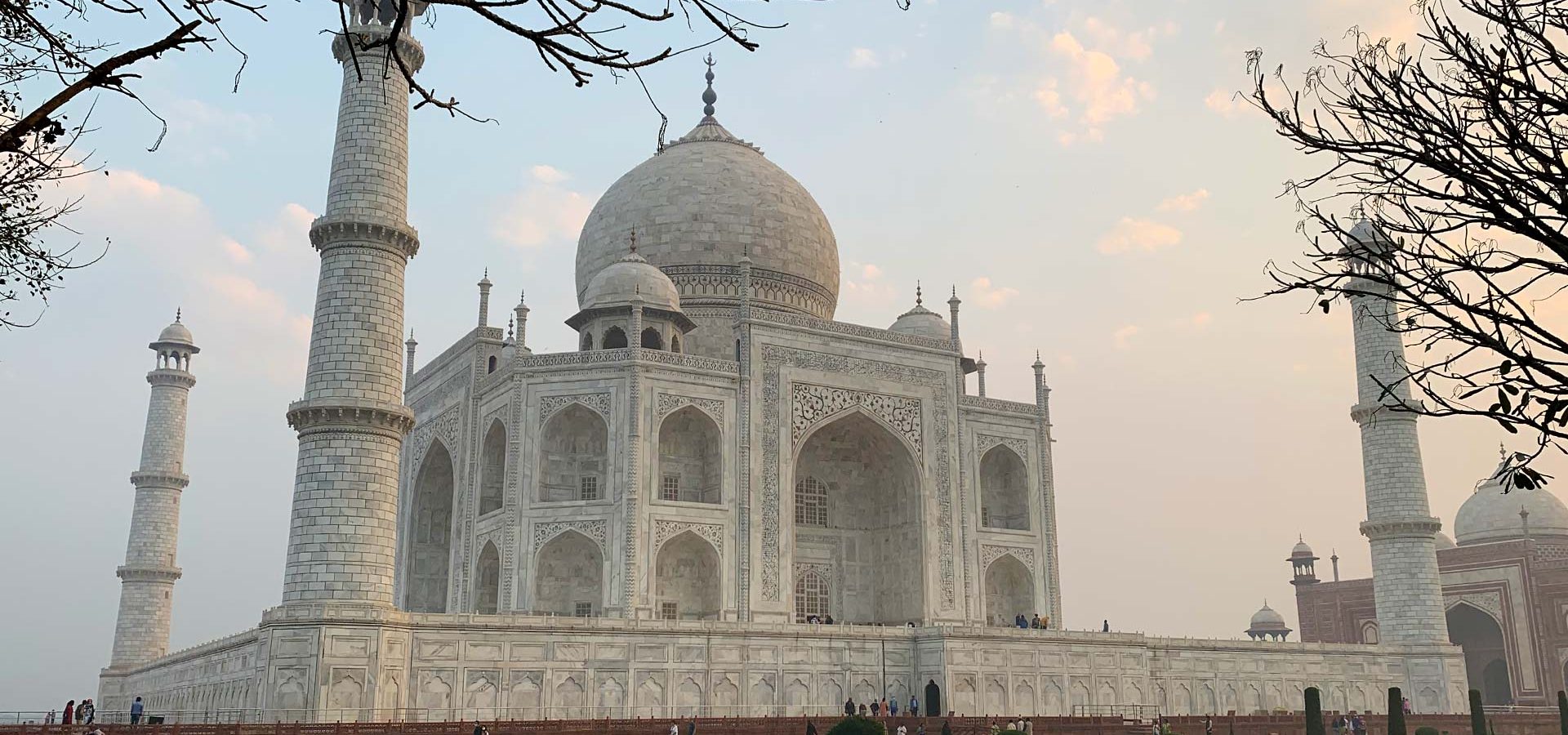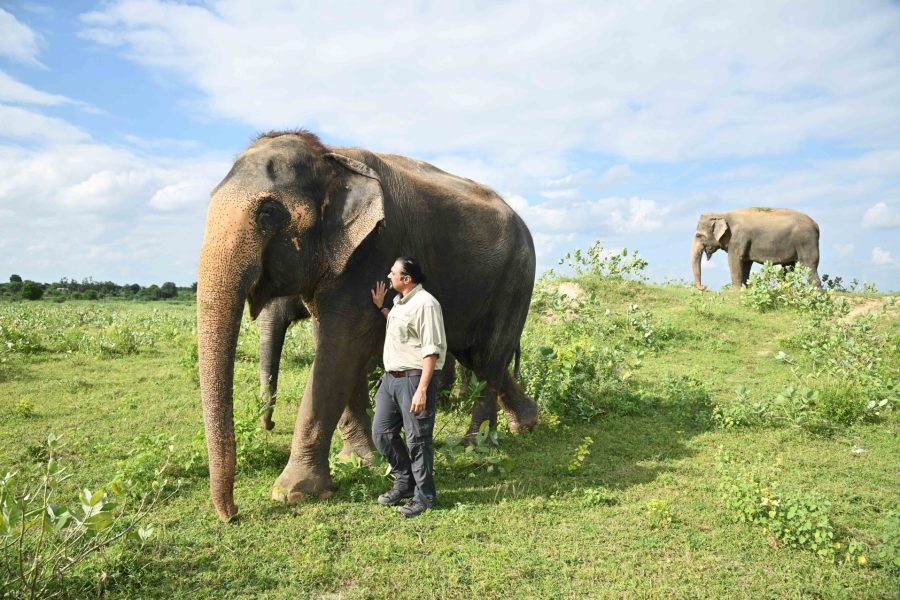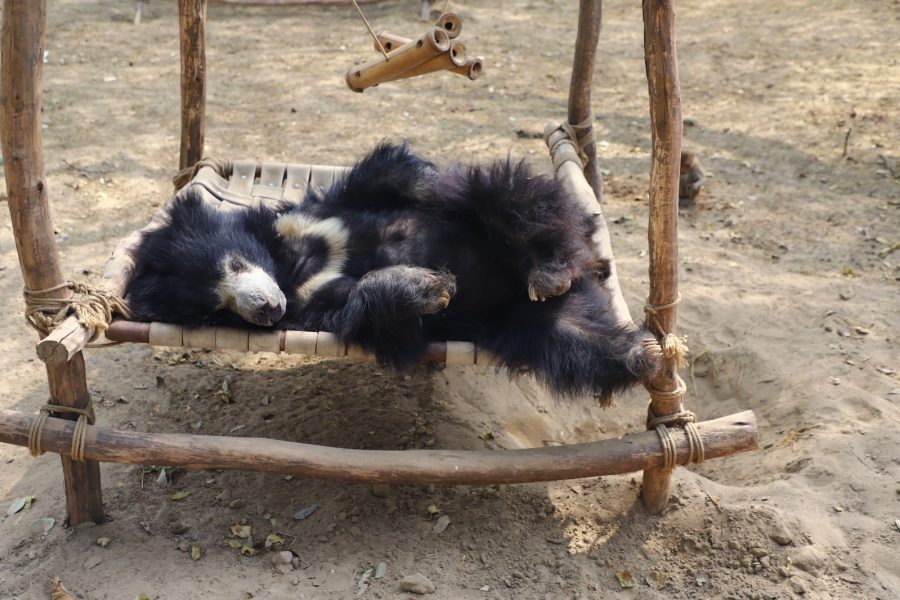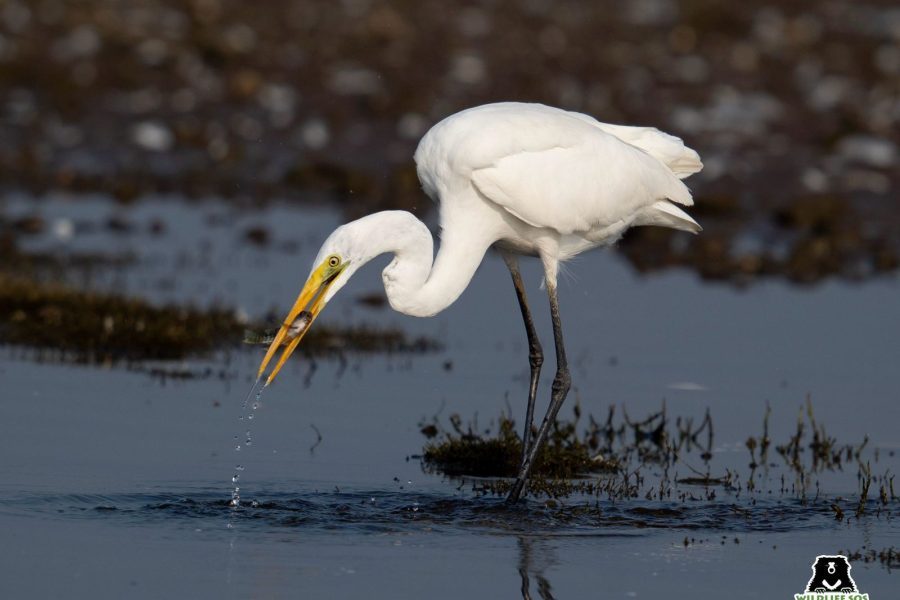- Do not ride elephants in India. There will be many times when you will be offered an opportunity to ride elephants. Riding an elephant should always be avoided. Nearly all of the elephants used for tourist rides suffer with debilitating injuries and no vet care or treatment. Most of the elephants have been taken from the wild as babies. Many tour operators will try to convince you that the elephants they have were “rescued.” Be very skeptical of these false claims, as they are likely lies to trick tourists. If you are paying to ride, paint or bathe an elephant, most likely these elephants are not rescued and are being exploited for money. Camels are also commonly exploited. Here are 5 reasons why you should never ride an elephant!
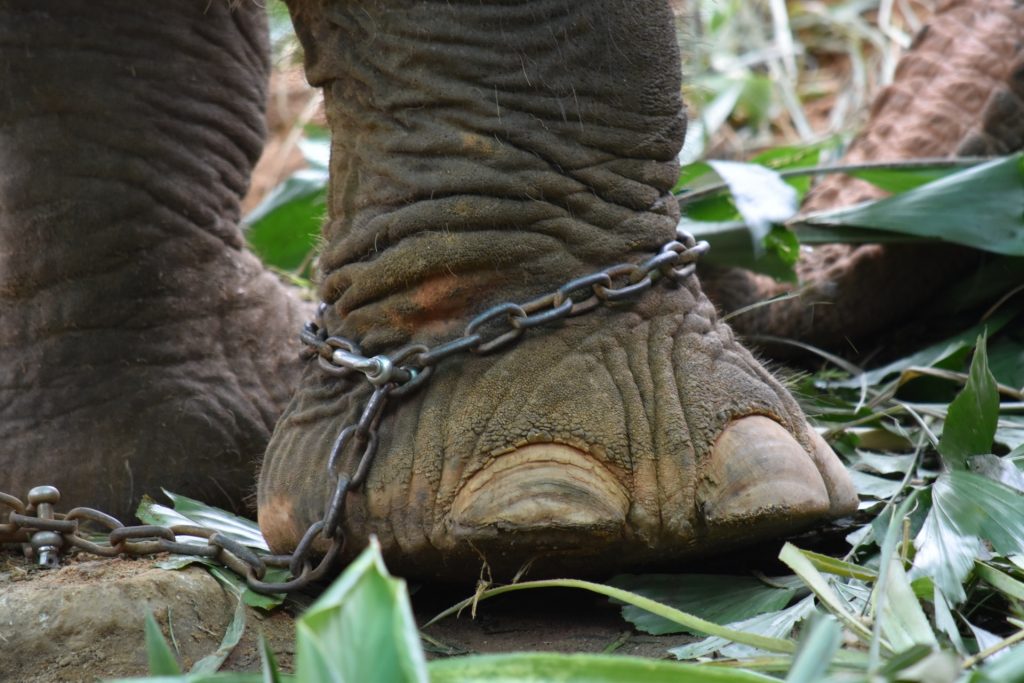
- Don’t give money to snake charmers and other animal entertainment. Although there are many iconic images of snake “charmers” playing a flute to mesmerise cobras, this is nothing but a brutal show. First, it’s important to know that snake charming is illegal in India, and for good reason. The cobras used usually have their fangs cut off or their mouths sewn shut, so there is no risk to the snake handler that they will get bitten. As a result, the snake dies a slow death from starvation. Even if the snakes are rescued, they will not live very long because their disabilities are permanent. For the snake charmer, once the snake is dead, they just grab another one from the wild and the cycle is repeated. Even if you don’t like snakes, this is something you don’t want to support and should absolutely stay clear of. Also avoid giving money to people with monkeys on ropes and other animal entertainment.
- If you are taking a safari, enjoy the animals from a distance. There is always the instinct to ask your driver to get as close to the animal as possible to get a great photo. However, doing so can scare the animals and change their natural behavior. A lot of wildlife survives on a razor thin margin of energy conservation. So causing them to expend more energy unnecessarily can have negative or fatal consequences.
- For a souvenir, do not purchase or collect anything that came from an animal. This includes feathers (from peacock or other birds), shells or animal hides. India’s Wildlife Protection Act of 1972 is very strict and forbids people from collecting most of these items. Therefore, most of these souvenirs are illegal to buy or sell. You don’t want to be arrested for wildlife trafficking at the airport with items considered contraband in your bag.
- Before you buy, read the animal welfare policy of travel companies. India is a beautiful country and has a lot of natural and cultural history, but can be overwhelming to get around on your own. Consider booking your travel through a travel company that has sound ethical practices and incorporates a strong animal welfare policy in their mission. Look for a statement on the website similar to that of ATJ https://www.atj.com/we-love-animals
Wildlife SOS supports responsible and cruelty-free tourism for our great nation and aims to educate tourists about India’s vast and diverse wildlife in partnership with the Responsible Tourism Society of India.

